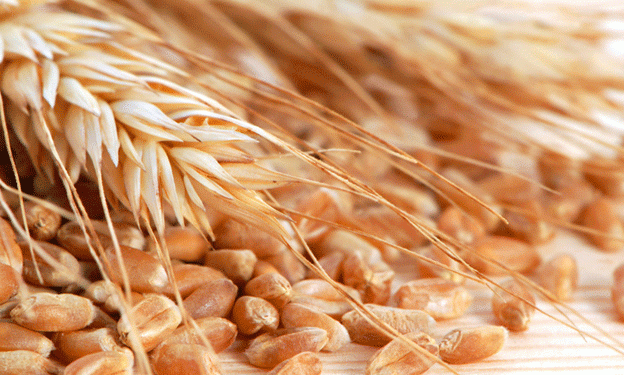The Brazilian Ministry of Agriculture and Livestock (Mapa) has updated the minimum prices for grain and wheat seeds for the 2024/2025 agricultural year. The new prices are aimed at ensuring a minimum remuneration for rural producers and supporting national production against the backdrop of falling prices on the domestic market.
On June 5, 2024, the Brazilian Ministry of Agriculture and Livestock (MAPA) announced updated minimum prices for grain and wheat seeds for the 2024/2025 planting season. These prices, set by the National Monetary Council (CMN) based on proposals from Mapa and the National Sales Company (Conab), are part of the Minimum Price Guarantee Policy (PGPM). This policy aims to provide a minimum income for farmers, providing a buffer against market price fluctuations.
Updated minimum prices for wheat
The new minimum wheat grain prices reflect significant adjustments in Brazil’s key wheat producing regions:
- Southern region: Prices reduced by 10.55%.
- Southeast region: Prices reduced by 11.55%.
- Central-West Region/Bahia: Prices reduced by 15.75%.
These adjustments apply to three types of wheat, classified by pH, and to four specified categories: basic, domestic, bread and improver. The new price range ranges from R$33.49 to R$84.63 per 60kg bag and is valid from July 2023 to June 2025.
In addition, the minimum price for wheat seeds was reduced by 10.55%, from R$3.60/kg to R$3.22/kg, effective for the same period.
Rationale and impact
The reduction in minimum prices is a response to lower domestic prices over the past year, which could hamper future plantings. To counter this, minimum prices were set to:
- Encouragement of national production. By ensuring minimal profits, the policy aims to reduce Brazil’s dependence on imports and promote agricultural diversification, especially in the central-western and southeastern regions.
- Cost management: prices were based on average variable costs calculated by Conab, with an additional incentive of 10.00% for the southern region, 11.34% for the south-eastern region and 17.09% for the central-western region and Bahia. This approach ensures that prices are realistic and reflect the actual cost structure faced by farmers.
Economic and agricultural consequences
- Farmer decision making: Minimum prices provide an important guide to farmers’ planting decisions, ensuring that they can budget for a minimum income despite market uncertainty.
- Market signals: By setting these prices, the government demonstrates its commitment to supporting the agricultural sector by signaling its willingness to purchase or subsidize produce if market prices fall below a set minimum.
Wider context and support
PGPM is an important tool for stabilizing rural incomes and supporting agricultural production in Brazil. By guaranteeing a minimum price, it helps reduce the risks associated with agricultural production, helping to create a more stable and sustainable agricultural environment.
The updated minimum grain and wheat seed prices for the 2024/2025 harvest season reflect the Brazilian government’s strategic approach to support farmers in difficult market conditions. By providing a guaranteed minimum income, these measures aim to support national production, promote agricultural diversification and improve the resilience of rural economies.
Error





